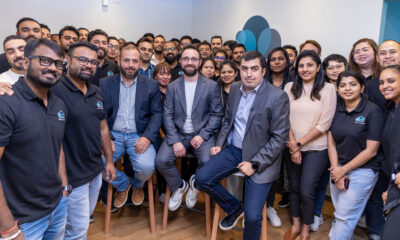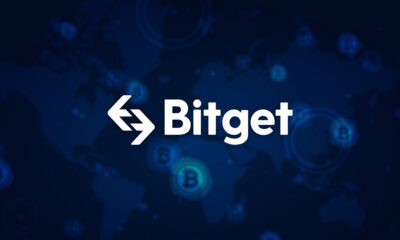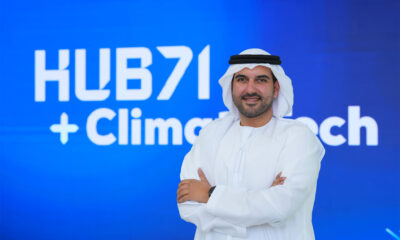News
Hub71 To Invest $2 Billion In New Web3 Startup Ecosystem
Hub71+ Digital Assets will give startups access to venture capital companies and technology providers in Abu Dhabi and beyond.
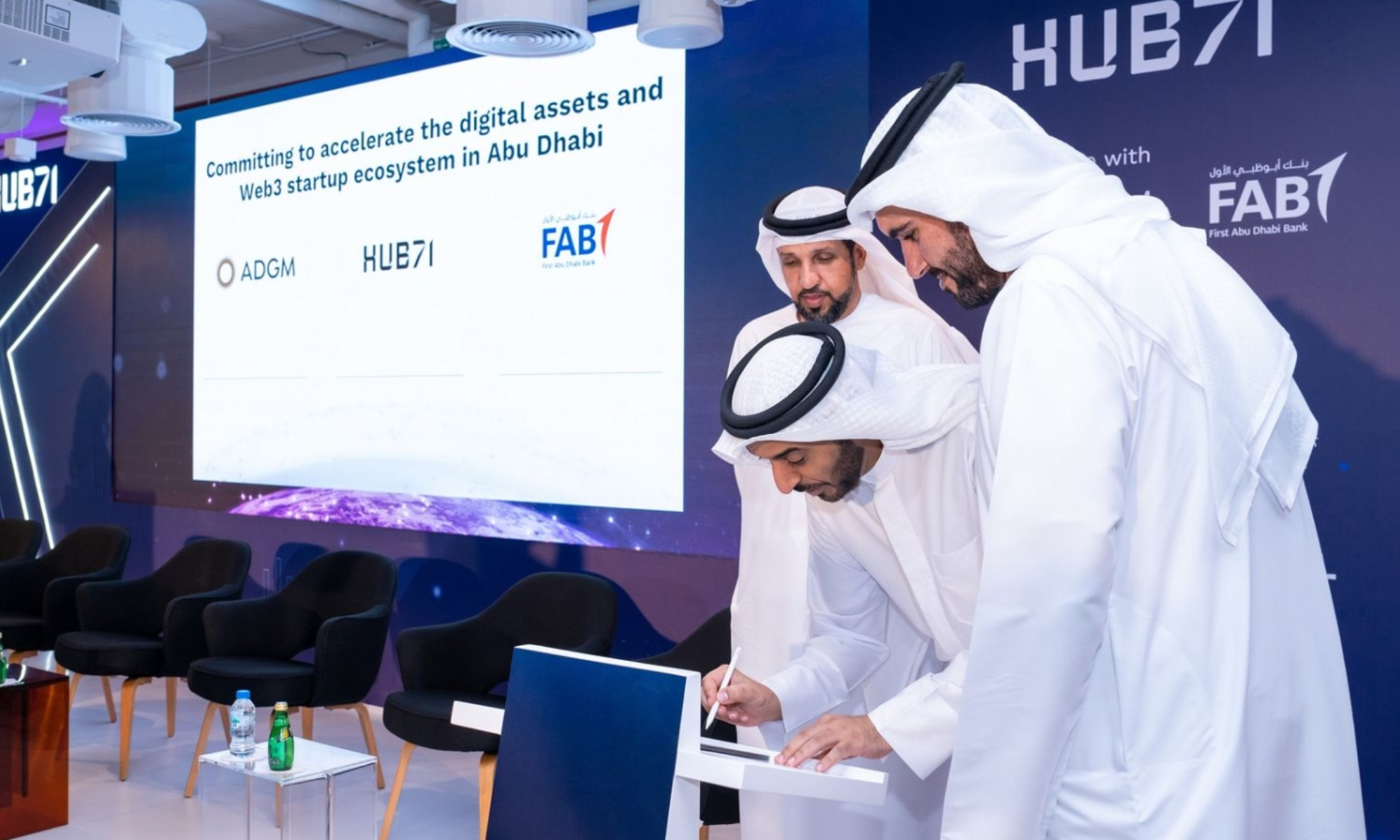
Abu Dhabi global technology accelerator Hub71 is seeking to disrupt the Web3 space with the announcement of a new ecosystem focused on startup funding and blockchain technologies.
Over $2 billion has already been committed in capital, enabling the new Hub71+ Digital Assets ecosystem to offer Web3 startups access to venture capital companies, customers, tech providers, blockchain platforms, and much more.
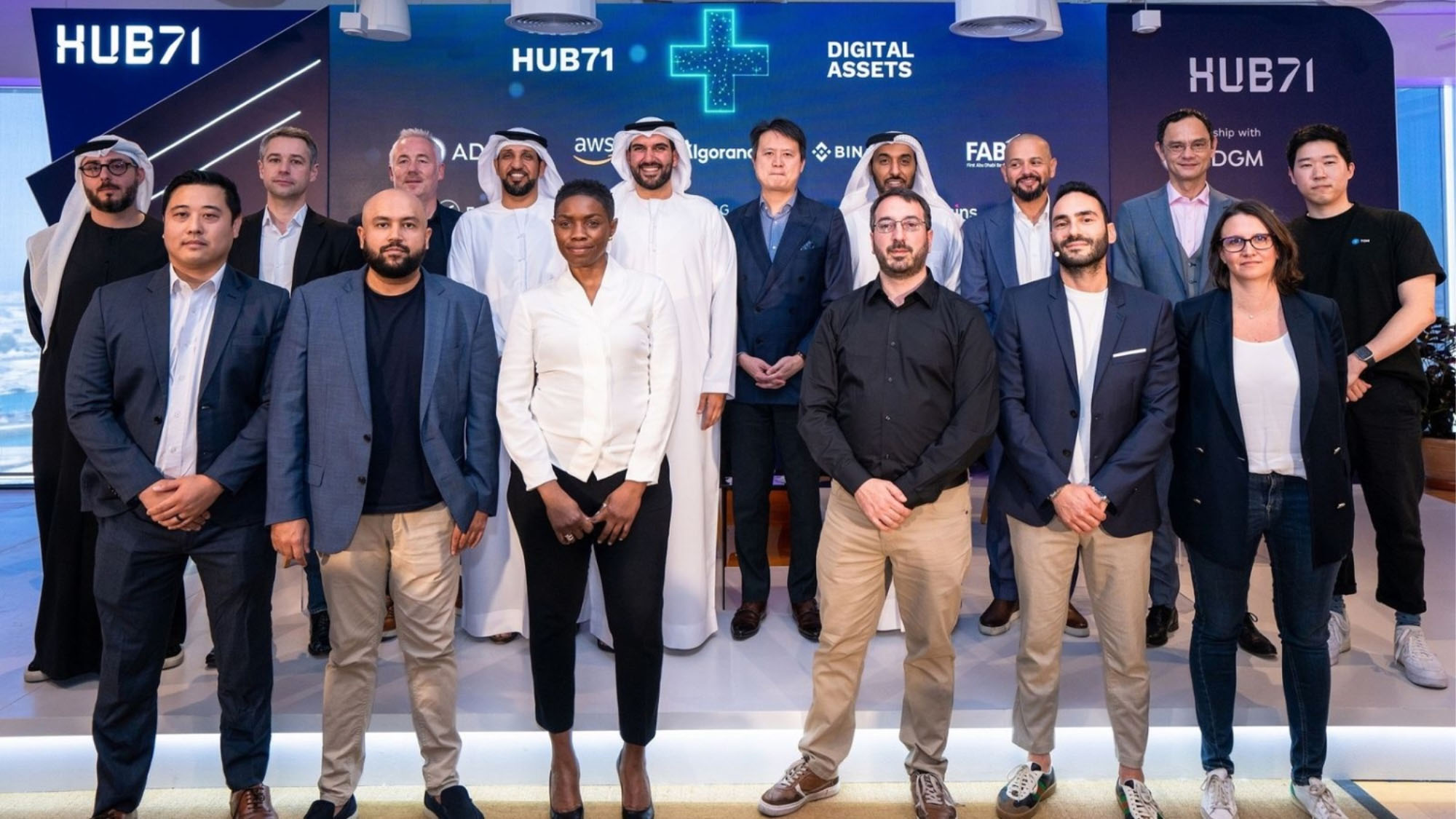
Hub71’s anchor partner is First Abu Dhabi Bank (FAB), and its research and innovation center, known as FABRIC, will, in turn, help FAB to leverage its financial services in the metaverse. Further corporate, government, and investment partners will support the project’s growth across the UAE and beyond.
Also Read: A First Glimpse Of Dubai’s Air Taxis Flying Past Local Landmarks
“Hub71+ Digital Assets signifies that Abu Dhabi is open to disruptive businesses driving forward change and transformation on a global level. Teaming up with ADGM, FAB and its research and innovation center, FABRIC, alongside the world’s leading Web3 companies and enablers under one roof, will provide founders with an opportunity to fundraise, develop and commercialize innovations safely while operating within the largest regulated jurisdiction of virtual assets in the MENA region,” says Ahmad Ali Alwan, Deputy CEO of Hub71.
The new Hub71 alliance will help startups benefit from ADGM’s diverse ecosystem and efficient regulatory environment, which will help develop the UAE economy to keep pace with global trends.
News
Rabbit Expands Hyperlocal Delivery Service In Saudi Arabia
The e-commerce startup is aiming to tap into the Kingdom’s underdeveloped e-grocery sector with a tech-first, locally rooted strategy.

Rabbit, an Egyptian-born hyperlocal e-commerce startup, is expanding into the Saudi Arabian market, setting its sights on delivering 20 million items across major cities by 2026.
The company, founded in 2021, is already operational in the Kingdom, with its regional headquarters now open in Riyadh and an established network of strategically located fulfillment centers — commonly known as “dark stores” — across the capital.
The timing is strategic: Saudi Arabia’s online grocery transactions currently sit at 1.3%, notably behind the UAE (5.3%) and the United States (4.8%). With the Kingdom’s food and grocery market estimated at $60 billion, even a modest increase in online adoption could create a multi-billion-dollar opportunity.
Rabbit also sees a clear alignment between its business goals and Saudi Arabia’s Vision 2030, which aims to boost retail sector innovation, support small and medium-sized enterprises, attract foreign investment, and develop a robust digital economy.
The company’s e-commerce model is based on speed and efficiency. Delivery of anything from groceries and snacks to cosmetics and household staples is promised in 20 minutes or less, facilitated by a tightly optimized logistics system — a crucial component in a sector where profit margins and delivery expectations are razor-thin.
Despite the challenges, Rabbit has already found its stride in Egypt. In just over three years, the app has been used by 1.4 million customers to deliver more than 40 million items. Revenue has surged, growing more than eightfold in the past two years alone.
Also Read: Top E-Commerce Websites In The Middle East In 2025
CEO and Co-Founder Ahmad Yousry commented: “We are delighted to announce Rabbit’s expansion into the Kingdom. We pride ourselves on being a hyperlocal company, bringing our bleeding-edge tech and experience to transform the grocery shopping experience for Saudi households, and delivering the best products – especially local favorites, in just 20 minutes”.
The company’s growth strategy avoids the pitfalls of over-reliance on aggressive discounting. Instead, Rabbit leans on operational efficiency, customer retention, and smart scaling. The approach is paying off, having already attracted major investment from the likes of Lorax Capital Partners, Global Ventures, Raed Ventures, and Beltone Venture Capital, alongside earlier investors such as Global Founders Capital, Goodwater Capital, and Hub71.


